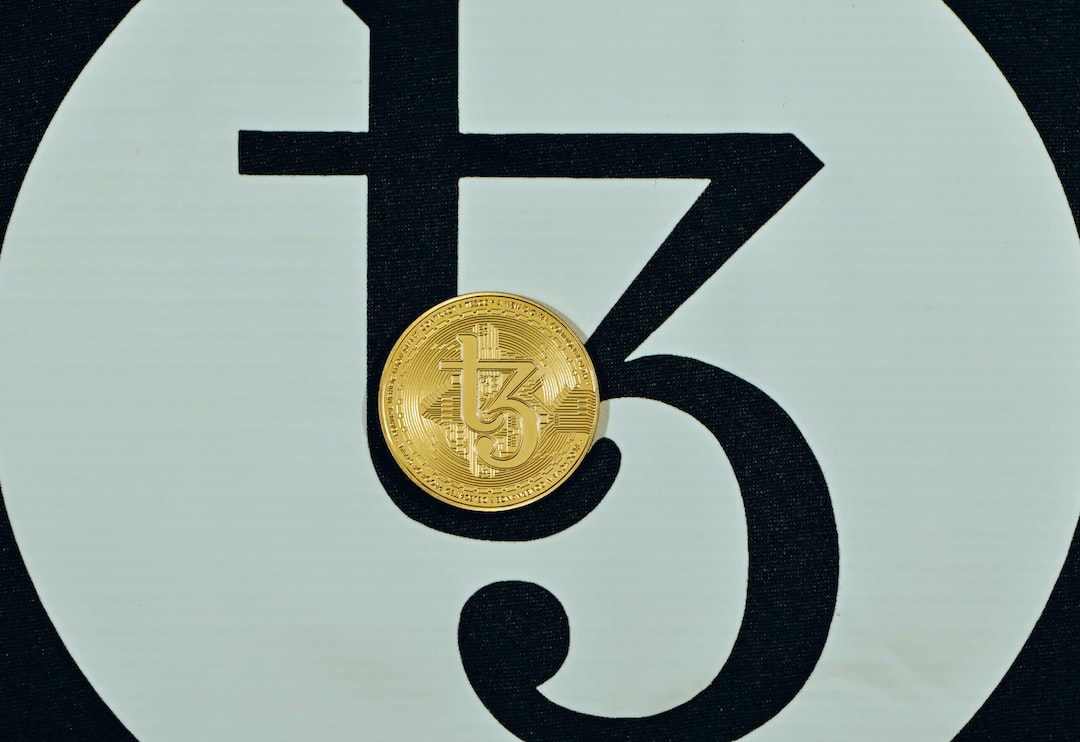How Reducing Dollar Dependence Could Benefit Asian Countries
In an opinion piece published in Asia Times, Nigel Green, CEO of asset management firm Devere Group, argues that the decline of the U.S. dollar could have positive implications for Asian economies. Green highlights the astronomic levels of debt and desperate money-printing that have caused a drop in the long-term value of the currency. He warns that the U.S. dollar’s dominance is under threat as Russia and Saudi Arabia consider using the Chinese yuan for oil trade. Here are the key points:
- The shift away from dollar influence could benefit Asian economies.
- Reduced reliance on the greenback would allow Asian countries to implement policies tailored to their domestic economic conditions, potentially boosting stability and growth.
- A multilateral currency system would promote the use of regional currencies like the Japanese yen, Chinese yuan, and Indian rupee, making trade within Asia more accessible and efficient.
- A decline in dollar dominance would lead to more stable exchange rates, reducing volatility and uncertainty in cross-border transactions.
- Asian countries would be encouraged to diversify their reserve holdings, leading to better allocation of resources and increased investment in productive sectors.
Hot Take
The decline of the U.S. dollar could offer significant opportunities for Asian economies. By reducing dependence on the dollar, Asian countries can implement tailored policies, promote regional trade, and stabilize exchange rates. Diversifying reserve holdings would lead to better resource allocation and increased investment. It’s time for Asian countries to embrace this shift away from dollar dominance and seize the potential benefits.





 By
By
 By
By
 By
By

 By
By
 By
By